China's commitment to nurturing new quality productive forces while promoting high-quality development is set to provide domestic as well as foreign investors with enormous market opportunities and vast development prospects amid the rising uncertainties in the global economic landscape, said senior officials and company executives.
They made the remarks on Sunday in Beijing during the opening of the two-day China Development Forum 2024, a few weeks after the world's second-largest economy unveiled its 5 percent growth target.
The Chinese economy has started the year on a positive trajectory, underpinned by effective macroeconomic policies. With stable production growth, sustained recovery in demand and other positive factors, the country is confident and capable of achieving its major economic and social development goals, said Zheng Shanjie, head of the National Development and Reform Commission.
In particular, China's active cultivation of new quality productive forces not only promotes its own economic growth but also injects much-needed momentum into global economic recovery and expansion, Zheng said.
New quality productive forces signify a paradigm shift in productivity, primarily propelled by revolutionary technological breakthroughs, innovative allocation of production factors, and profound industrial transformation and upgrading.
China is ramping up efforts to cultivate emerging industries, foster the deep integration of digital technology with the real economy and the convergence of advanced manufacturing with modern services, and create new growth engines in sectors such as biomanufacturing, commercial aerospace, new materials and low-altitude economy, Zheng said.
Ling Hai, president for the Asia-Pacific region, Europe, the Middle East and Africa at Mastercard, said that China's fundamentals remain very strong for reasons including the ingenuity and creativity of the Chinese people as well as the government's commitment to reform and opening-up.
Furthermore, China's continuous efforts to boost innovation and technological development are key to unleashing its growth potential, he said.
Kristalina Georgieva, managing director of the International Monetary Fund, said that China is at the forefront of emerging economies in terms of artificial intelligence preparedness, with well-developed digital infrastructure providing a head start.
Establishing a robust AI regulatory framework and strengthening economic ties with other innovative countries will help China power ahead, Georgieva said, adding that in the medium term, China will continue to be a key contributor to global economic growth.
Finance Minister Lan Fo'an said that China will reinforce fiscal policies in order to drive industrial upgrades, foster the growth of emerging industries and cultivate future sectors.
By adopting a region-specific approach to forging new quality productive forces, the government aims to shape new drivers and advantages for sustainable economic growth, he added.
Jin Liqun, president and chairman of the Asian Infrastructure Investment Bank, said the development of new quality productive forces can benefit from proactive fiscal policies, although direct subsidies may not yield the most effective results.
Jin emphasized that it is essential to steer clear of fiscal policies that stifle the motivation for production and innovation, and the creation of wealth.
Raj Subramaniam, president of United States-based express courier service provider FedEx Corp, said the company's growth has been greatly empowered by the long-term commitment to invest in and grow with China. Over the past 40 years, China has become home to one of the largest FedEx operations in the world.
"We believe that open markets and collaboration are critical to expanding growth and prosperity for all. We're committed to exploring new opportunities in China, and leveraging our digital innovations to build the world's most flexible, efficient and intelligent network," he added.








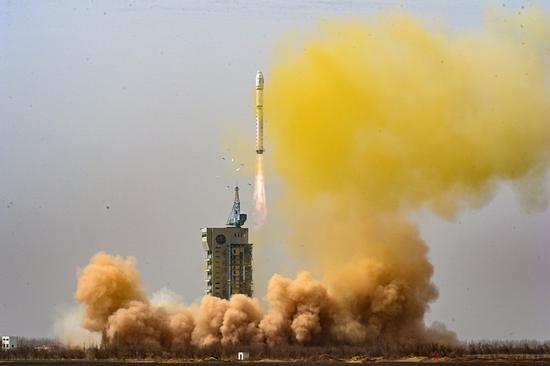
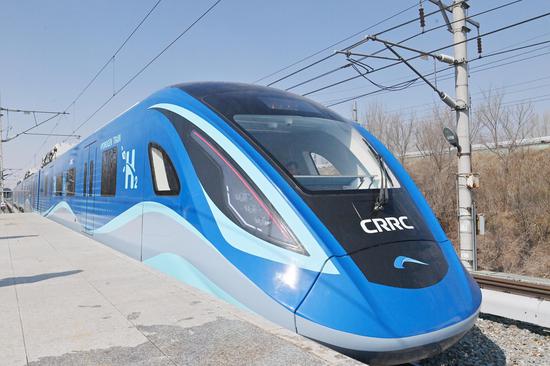


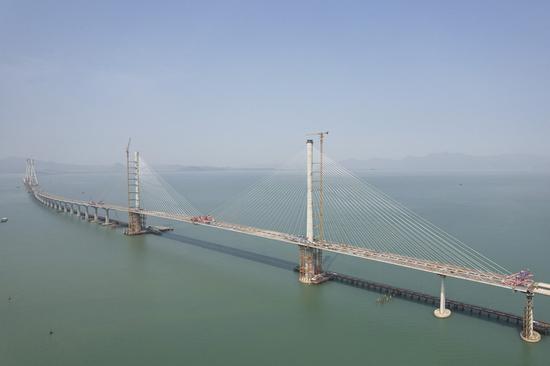



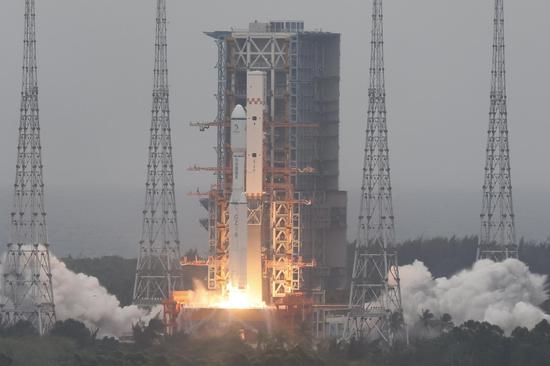


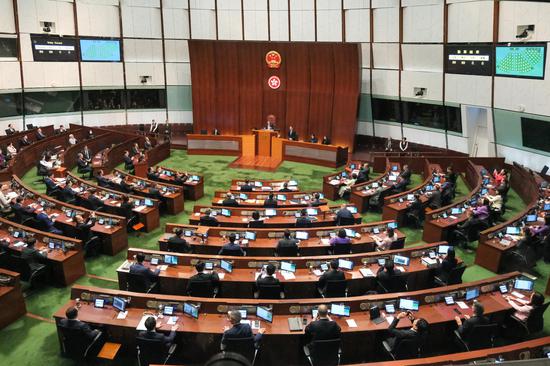

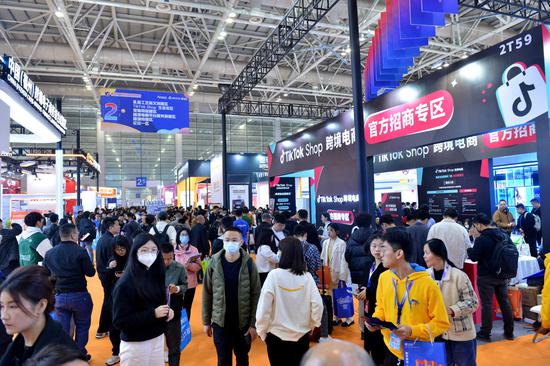



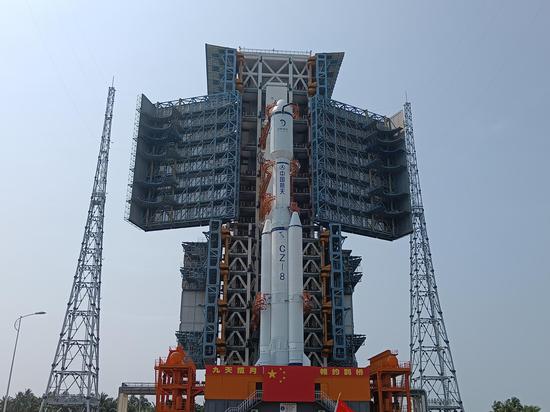






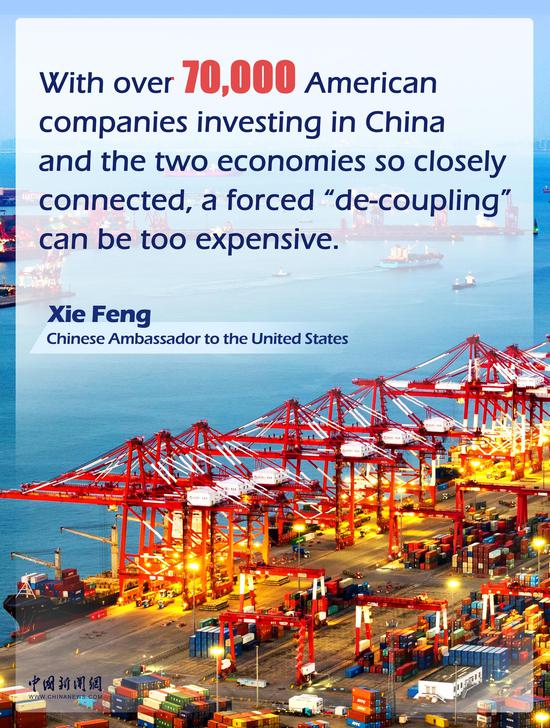

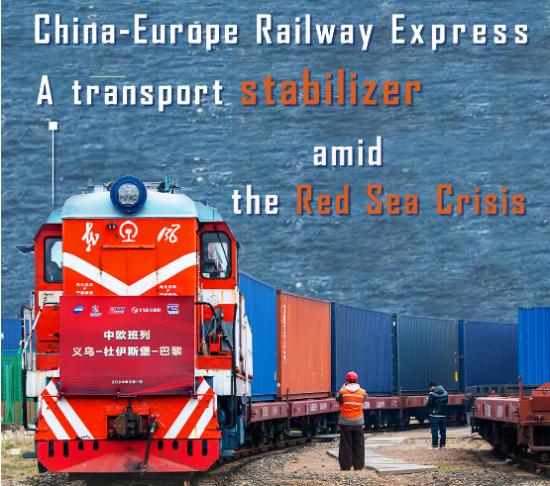





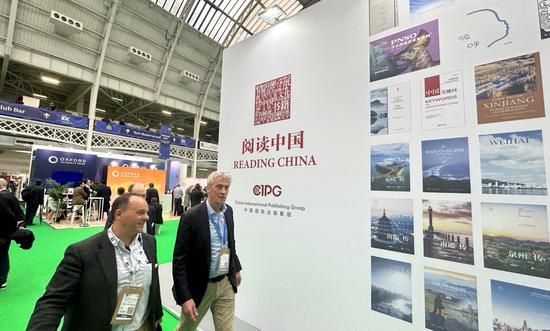


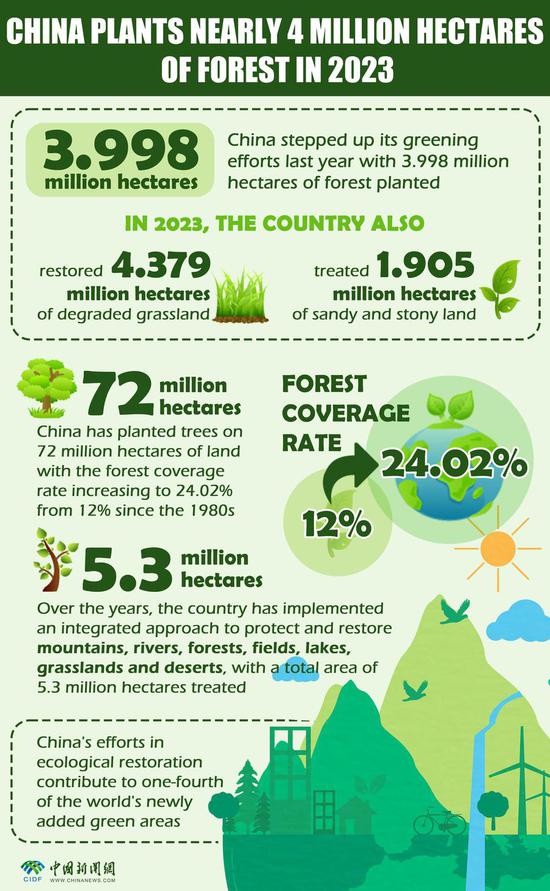






 京公网安备 11010202009201号
京公网安备 11010202009201号